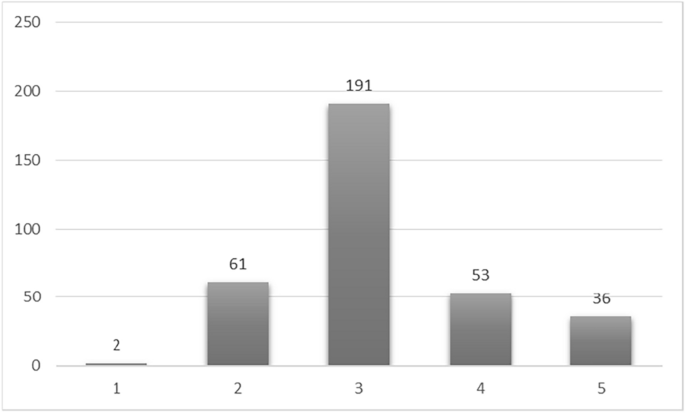Time: 2024-06-29
A new editorial paper published in Oncoscience discussed the advancements in Prostate cancer treatment. Prostate cancer remains a significant concern among men, and despite progress in treatment outcomes, recurrence post-initial treatments poses a challenge for some patients. Salvage radiation therapy is often recommended in such cases to locate and treat recurrent disease. Traditional imaging methods have limitations in accurately detecting and determining the volume of recurrent disease, making treatment planning challenging. However, the introduction of 18F-fluciclovine PET/CT has shown promise in improving disease management post-prostatectomy.

Researchers have been exploring the use of Artificial intelligence (AI) algorithms to enhance Medical imaging processes. Deep learning-based lesion delineation methods using AI have demonstrated potential in improving treatment quality compared to manual contouring. A recent study highlighted the feasibility of deep learning models in lesion segmentation on 18F-fluciclovine PET/CT images. This development could revolutionize the way lesions are identified and treated in prostate cancer patients, leading to more accurate and effective treatment planning.
In a research study conducted at Trita Hospital in Tehran, Iran, a dataset consisting of various imaging modalities and clinical information was collected from 345 patients. The data included T1, T2-tra, T2-sag, T2-cor, DW images, ADC maps, biopsy results, age, antigen levels, and prostate dimensions. Patients were labeled with PI-RADS scores, and pathological data based on Gleason scoring were used to determine cancer progression levels. A CNN model using ResNet50 was trained on the dataset, and data augmentation techniques were employed to increase the model's accuracy.
Four CNN models were utilized simultaneously in the research, each focusing on different imaging modalities. Features extracted from patient images were concatenated with clinical and pathological data, creating a comprehensive patient profile for analysis. The final model integrated convolutional neural network data with clinical and pathological information, enhancing the accuracy and efficiency of cancer diagnosis and treatment planning. This innovative approach combines medical imaging with artificial intelligence to revolutionize prostate cancer treatment and improve patient outcomes.